Commercial Kitchen Flooring Upgrade Transforms 50-Year-Old Restaurant
Introduction
A restaurant with over 50 years of wear and tear recently underwent a dramatic commercial kitchen floor renovation. The outdated, worn-out linoleum flooring was removed and replaced with a high-performance urethane mortar flooring system, a modern solution engineered for the intense demands of a professional kitchen.
This seamless commercial kitchen floor installation was designed to deliver long-lasting durability, superior slip resistance, and easy maintenance. The urethane mortar system offers exceptional chemical resistance, thermal shock protection, and a non-slip surface ideal for wet or greasy conditions, ensuring a safe and sanitary kitchen environment.
This transformation not only revitalizes the restaurant’s back-of-house operations but also extends the lifespan of the kitchen flooring, making it an ideal choice for any restaurant floor remodel, food service flooring upgrade, or hospitality industry renovation.
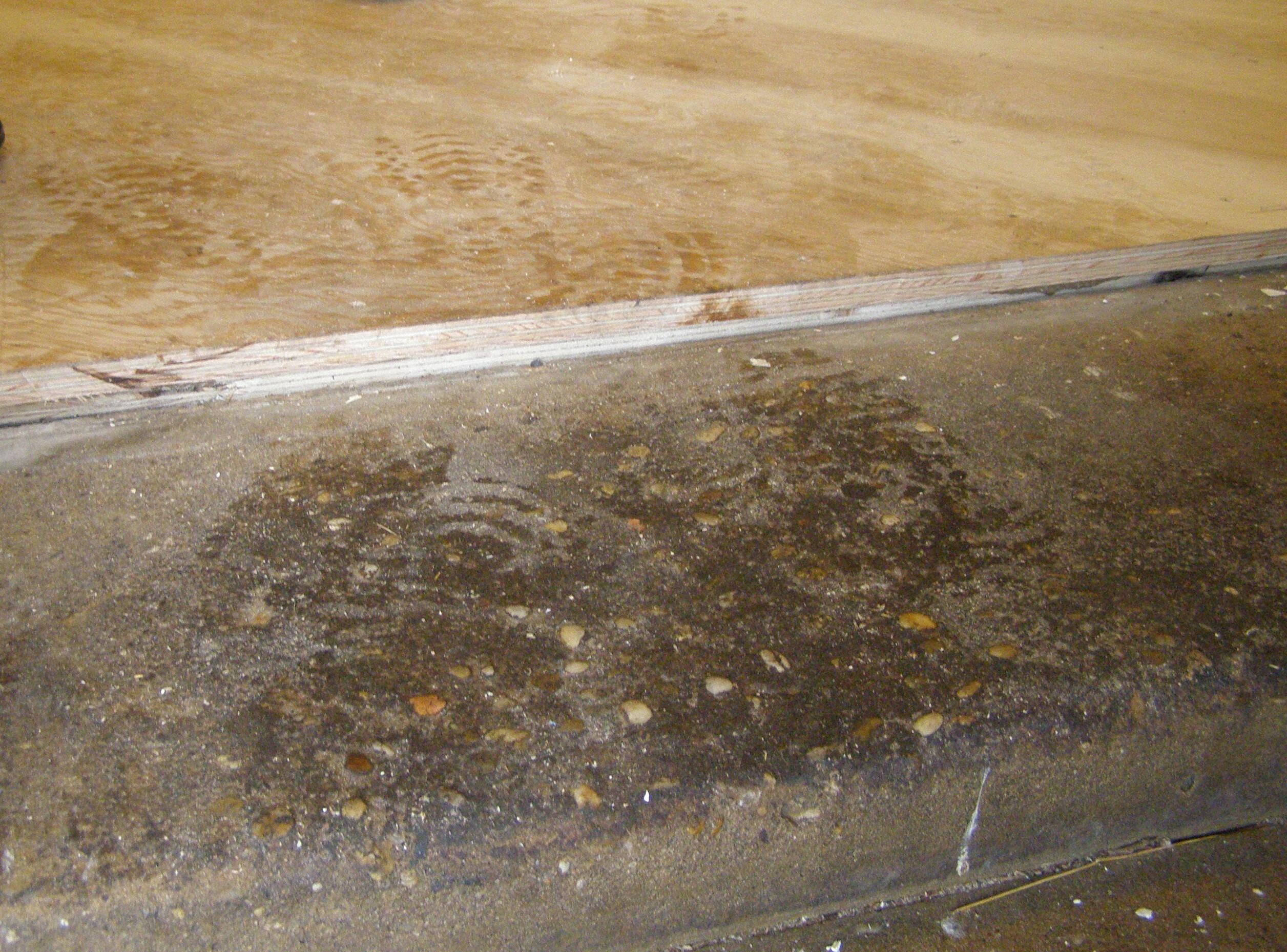
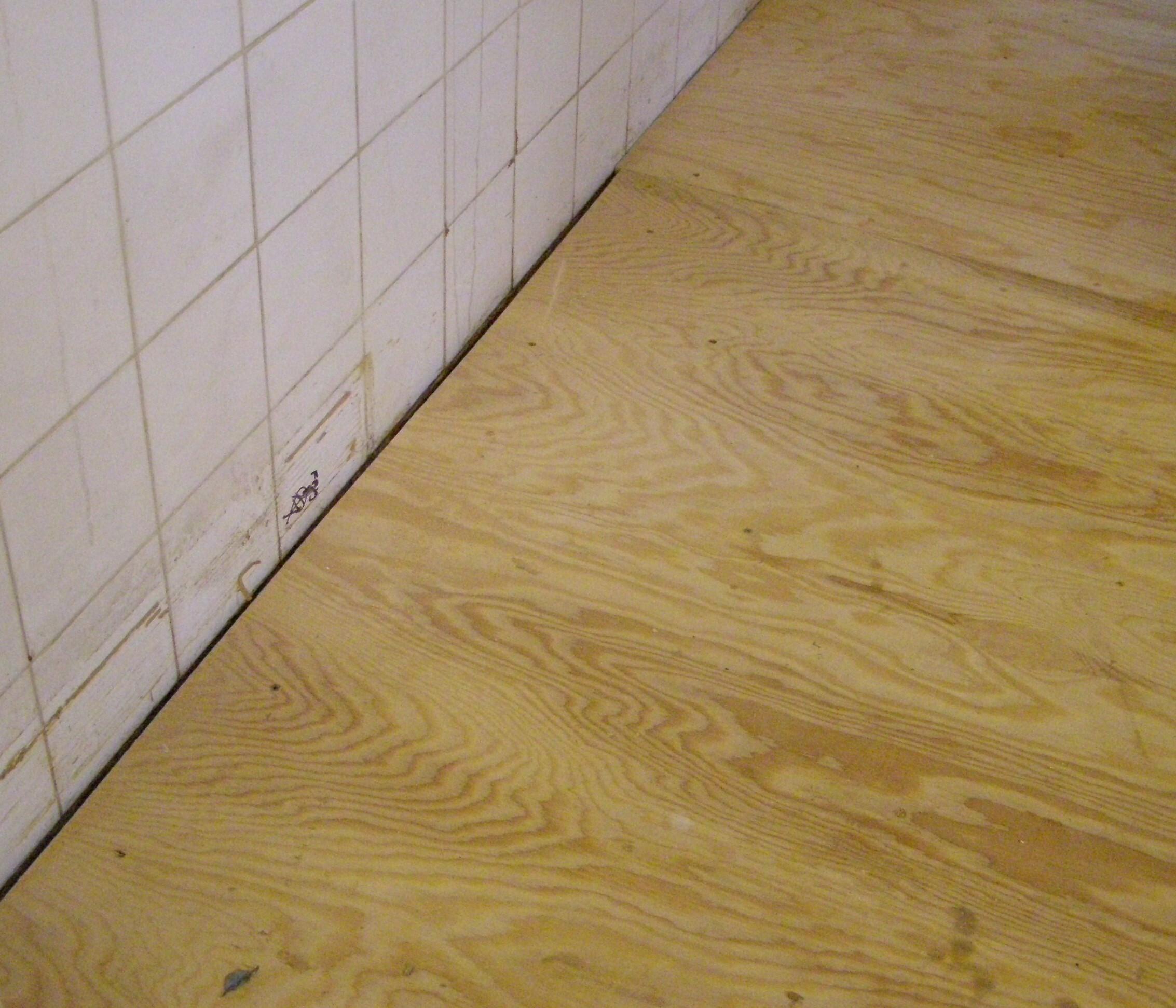
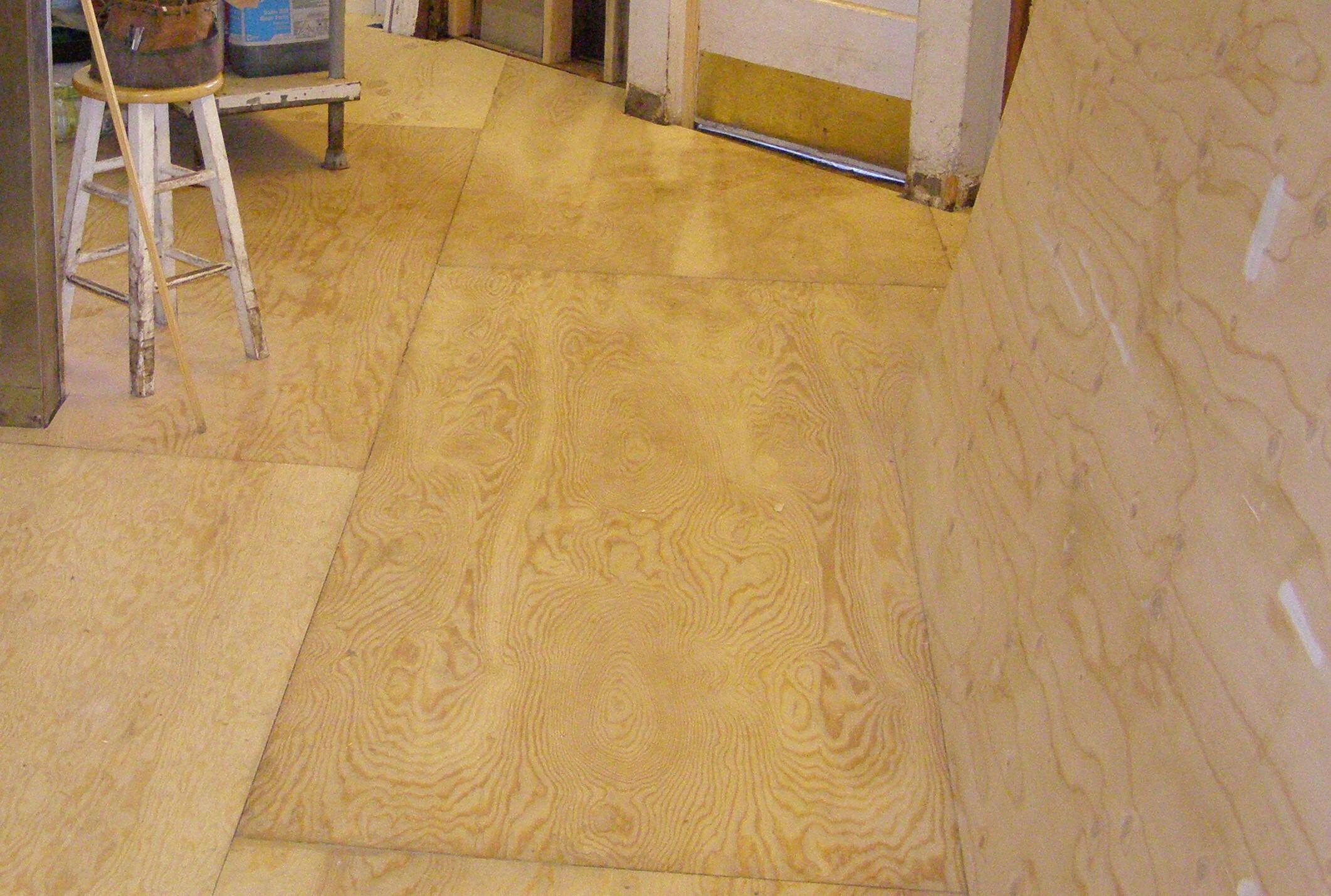
Step-by-Step Guide to Installing MORTARTHANE™ HF Floor Coating
Step 1: Preparation of the Subfloor
The first step involved removing the old, unstable plywood and replacing it with high-quality marine-grade plywood, ensuring stability for the new flooring.
Step 2: Applying MORTARTHANE™ HF Cove Mortar
Applying cove mortar creates a seamless, curved transition between floors and walls, making it easier to clean and sanitize—an essential benefit for maintaining hygiene in restaurant kitchens.
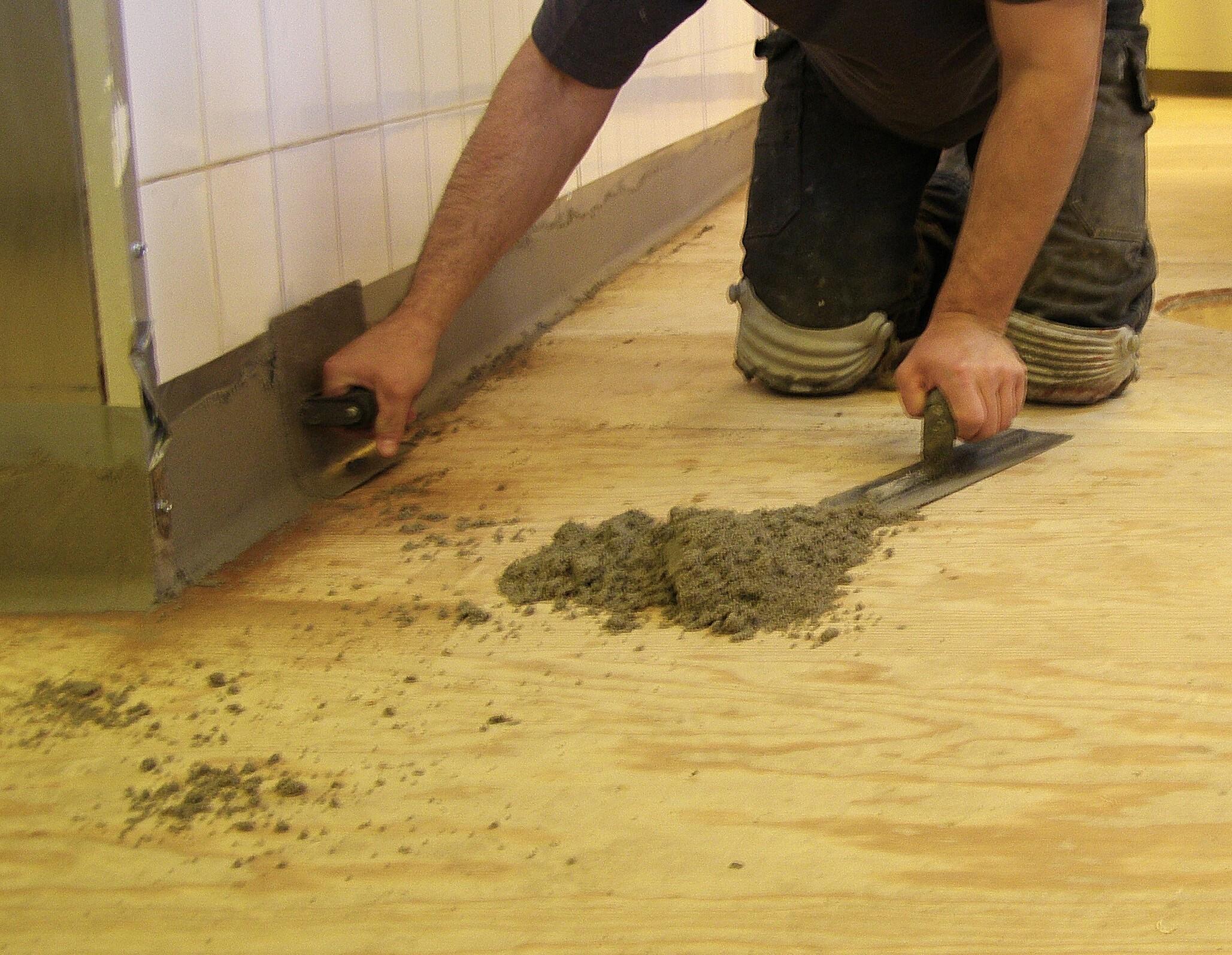
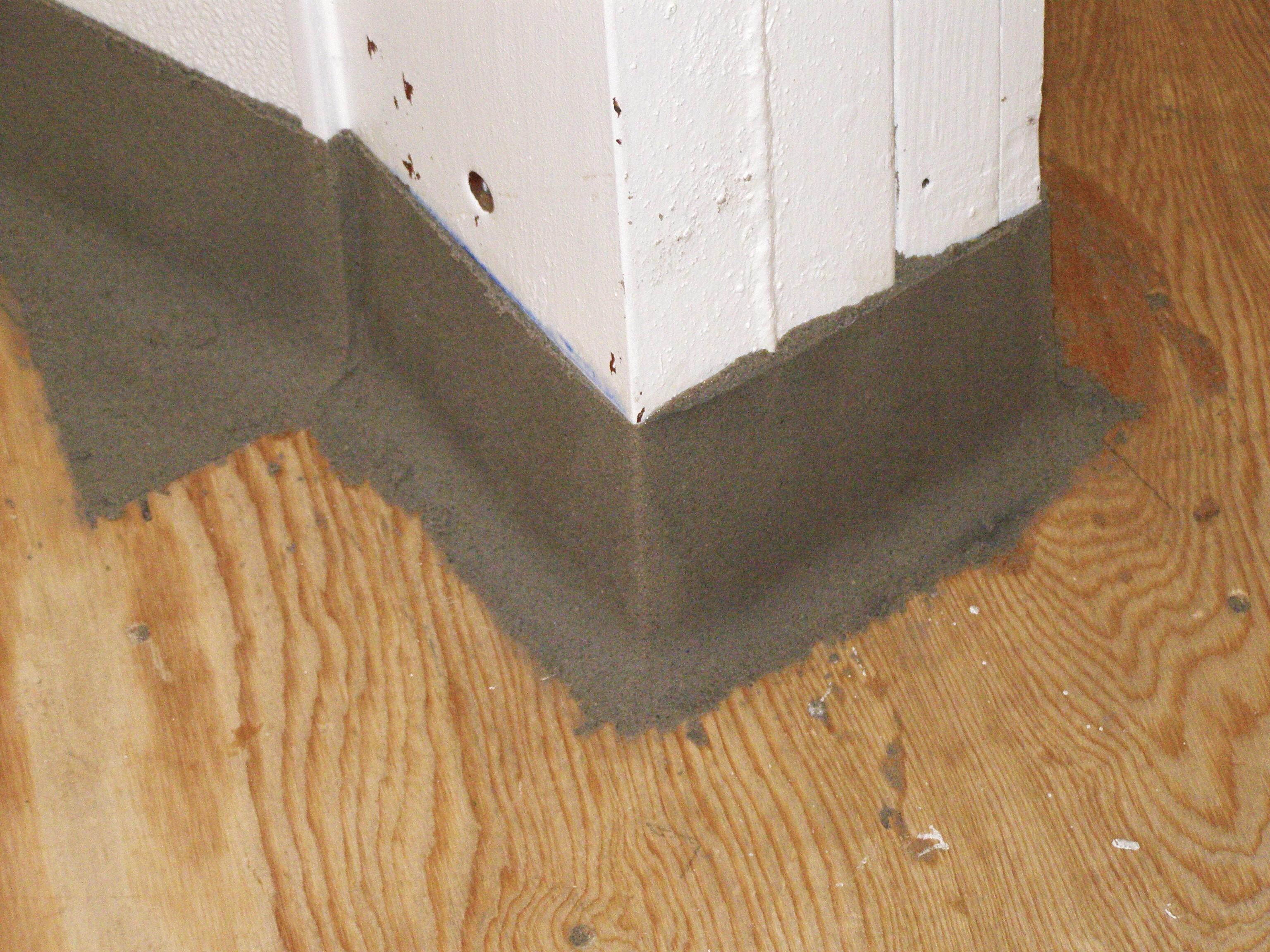
Step 3: Applying Mortarthane™ HF Urethane Cement Resurfacer
Garon’s MORTARTHANE™ HF Urethane Cement was applied as the first layer of the floor. This product is specifically designed to withstand high temperatures and heavy cleaning, making it ideal for commercial kitchens.
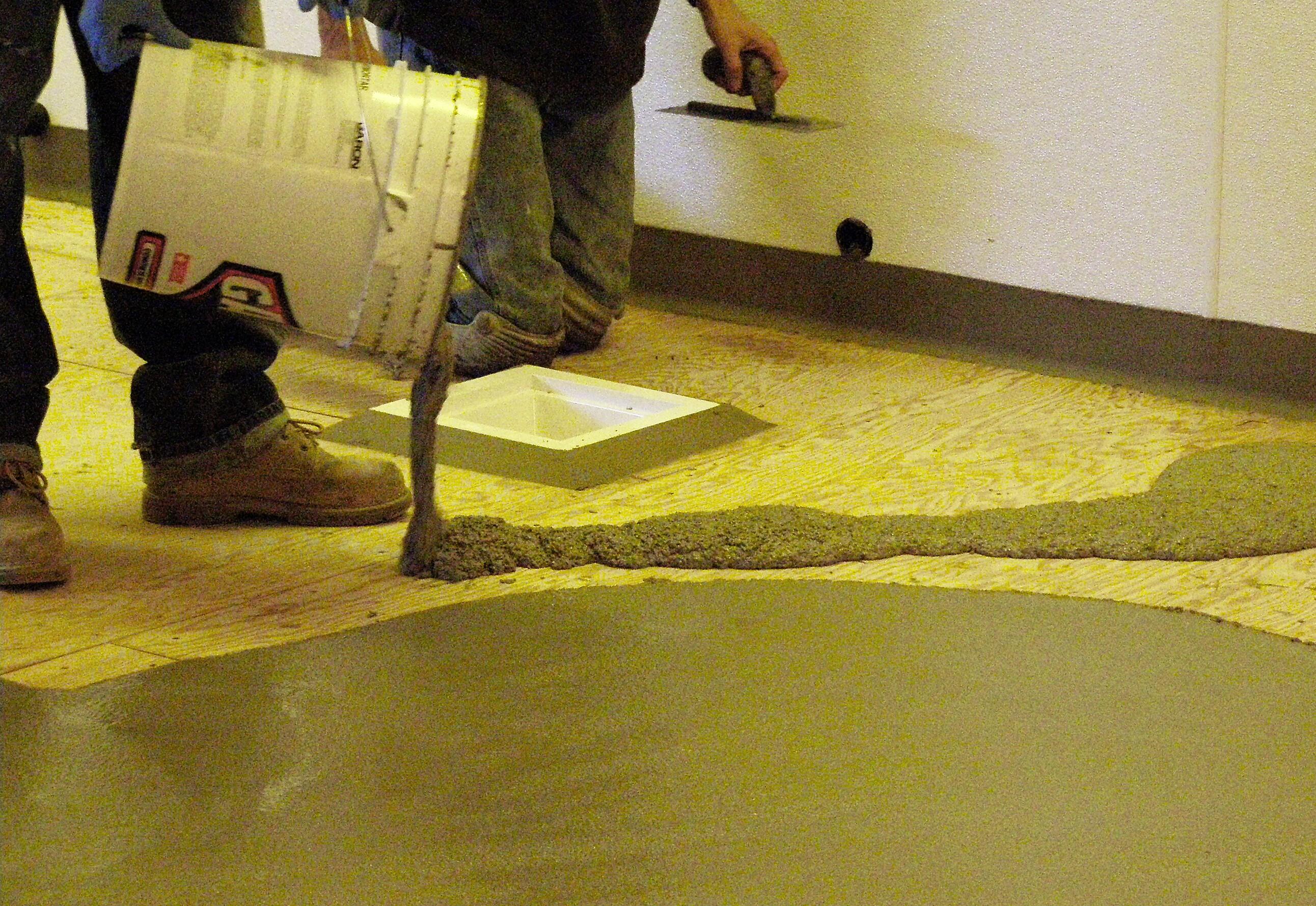
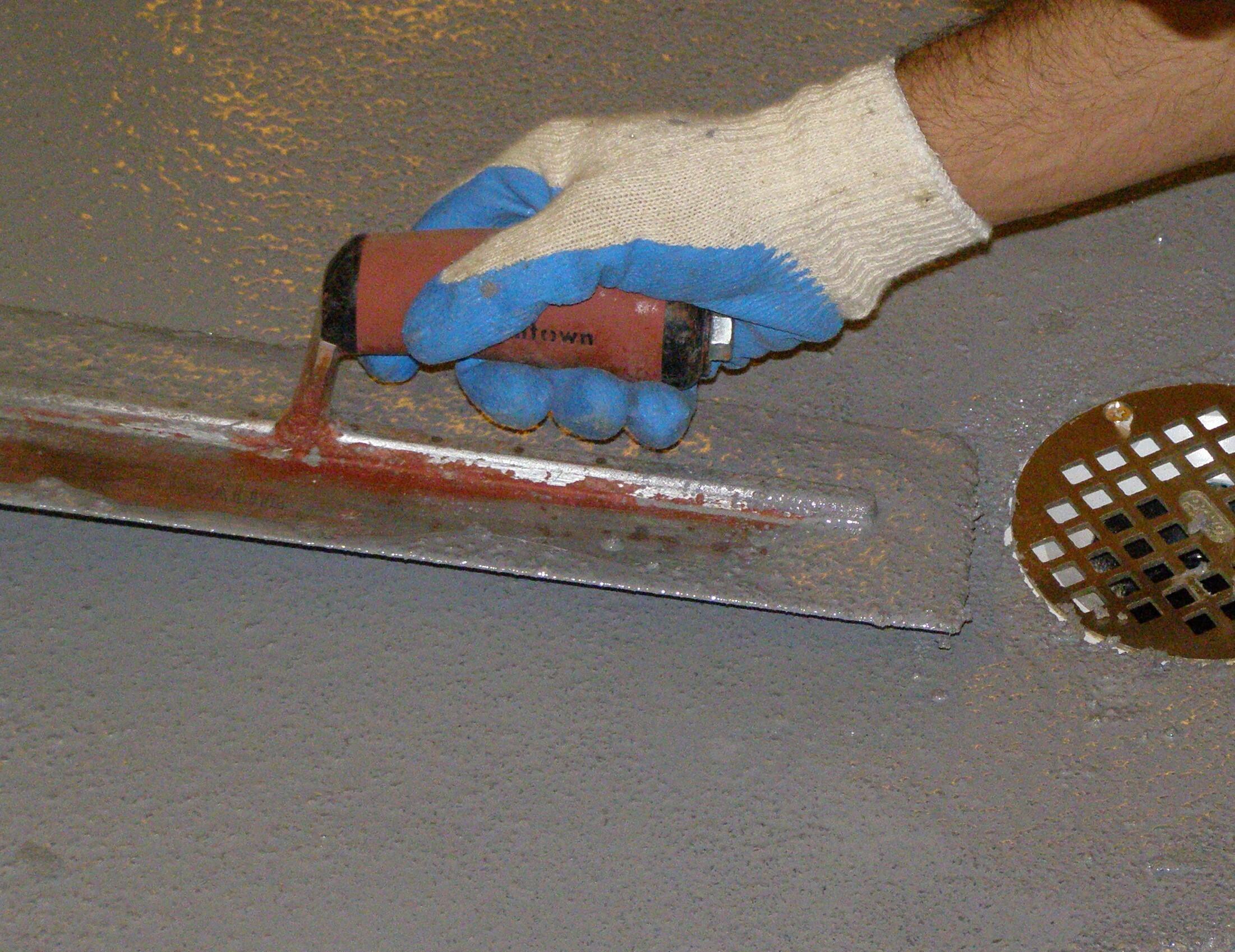
Step 4: Adding a Mortarthane™ HF Topcoat
The MORTARTHANE™ HF Topcoat was then applied for enhanced wearability, longevity, and a smooth finish. This layer is resistant to hot water power-washing, a must-have for cleaning in USDA-compliant environments.
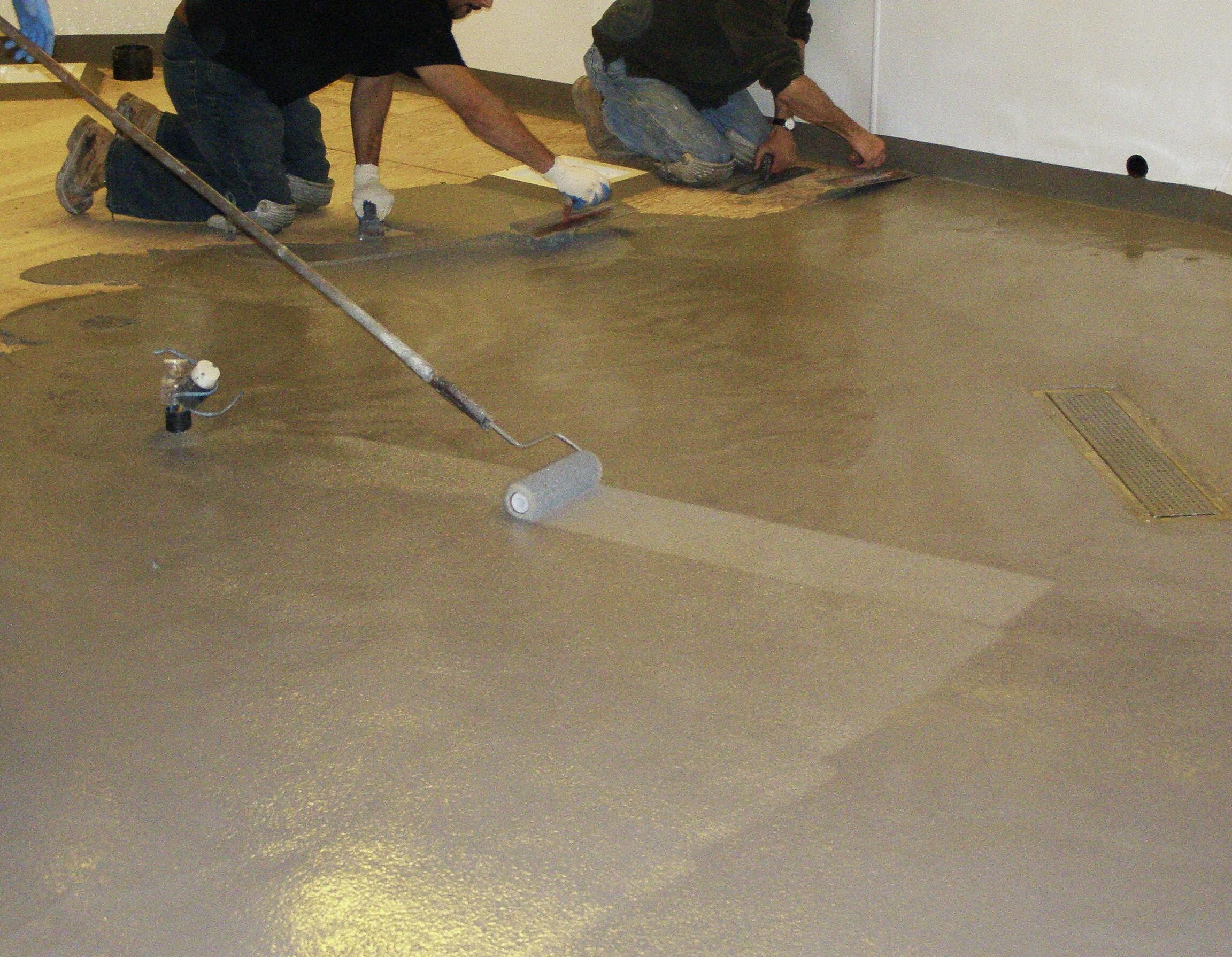
Why Choose MORTARTHANE™ HF for Restaurant Kitchens?
Unlike traditional epoxy coatings, which can peel under extreme heat, MORTARTHANE™ HF Urethane Cement offers superior durability, lasting up to 100 times longer. It is the preferred choice for commercial kitchens due to its ability to withstand extreme temperatures and the rigorous demands of daily cleaning.
Ready for the Busy Season
This project not only solved the restaurant’s flooring challenges but also prepared it for the busy season ahead. This new seamless flooring ensures safety, cleanliness, and a professional look.
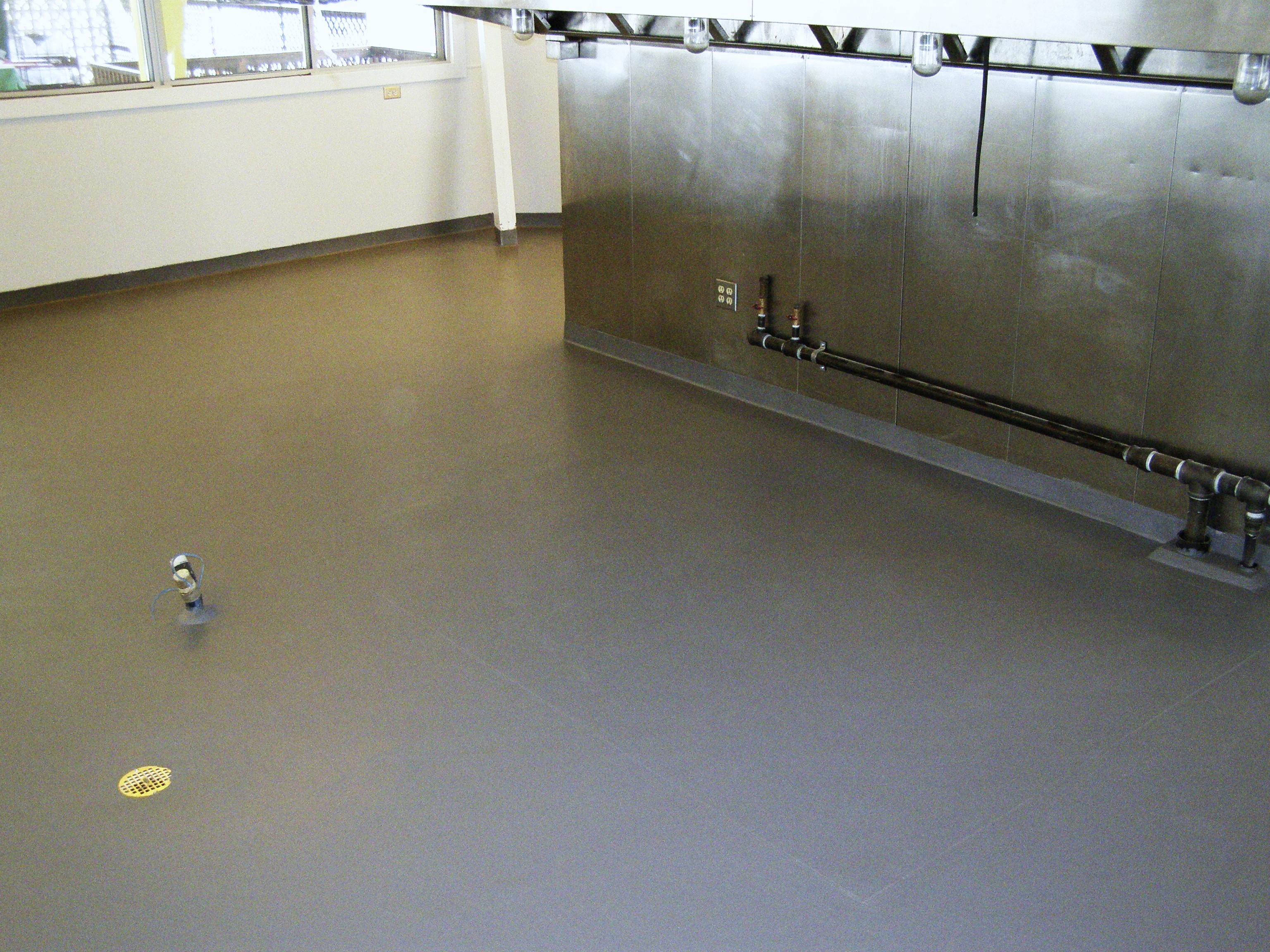
A Flooring Solution Built to Last
With the right materials and expertise, the restaurant now has a robust, long-lasting floor that meets both aesthetic and functional needs. MORTARTHANE™ HF is the key to transforming any commercial kitchen floor into a resilient, easy-to-maintain surface.
FAQS for Resturaunt Floors Using Urethane Cement
FAQ 1: Why is urethane cement flooring ideal for restaurant kitchens?
Urethane cement flooring is specifically engineered for high-traffic, high-temperature environments like commercial kitchens. It’s highly resistant to moisture, thermal shock, grease, chemicals, and abrasion. This makes it perfect for restaurant floors where durability, hygiene, and slip-resistance are essential for safety and compliance with health regulations.
FAQ 2: How long does urethane cement flooring last in a commercial kitchen?
With proper installation and maintenance, urethane cement floors can last 10–20 years or more in a commercial kitchen setting. Their resistance to heavy equipment, hot water washdowns, and daily wear makes them a cost-effective, long-term flooring solution for restaurants and foodservice facilities.
FAQ 3: Is urethane cement flooring easy to clean and maintain?
Yes. Urethane cement flooring has a seamless, non-porous surface that makes it easy to clean and sanitize which is crucial in food prep areas. It resists staining from oils, acids, and cleaning chemicals, and its smooth texture minimizes places where bacteria can hide, helping restaurants meet strict sanitation standards.
FAQ 4: Can urethane cement flooring handle rapid temperature changes (thermal shock)?
Absolutely. One of urethane cement’s standout features is thermal shock resistance: it expands and contracts in harmony with the concrete substrate and survives sudden temperature swings (such as from hot water washdowns or proximity to ovens) without cracking or delaminating.
Not sure which repair products are right for you? Contact our team today.
